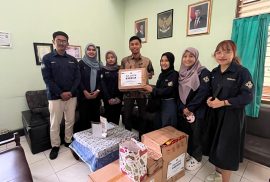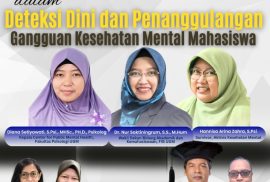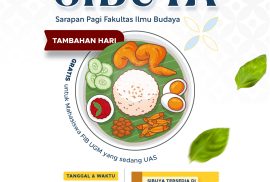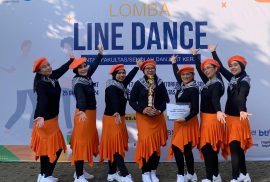Yogyakarta, 21st of November 2024 – In the spirit of sharing happiness and social care, Kalingga (Keluarga Linguistik Gadjah Mada) Aksosmas (Social Action & Society) division is proud to report the success of the Happy Friday program. Through this program, the donations collected have been distributed to the brothers and sisters at Yayasan Sayap Ibu DIY Branch, located at Jl. Rajawali No. 3, Pringwulung, Condongcatur, Sleman, Yogyakarta.
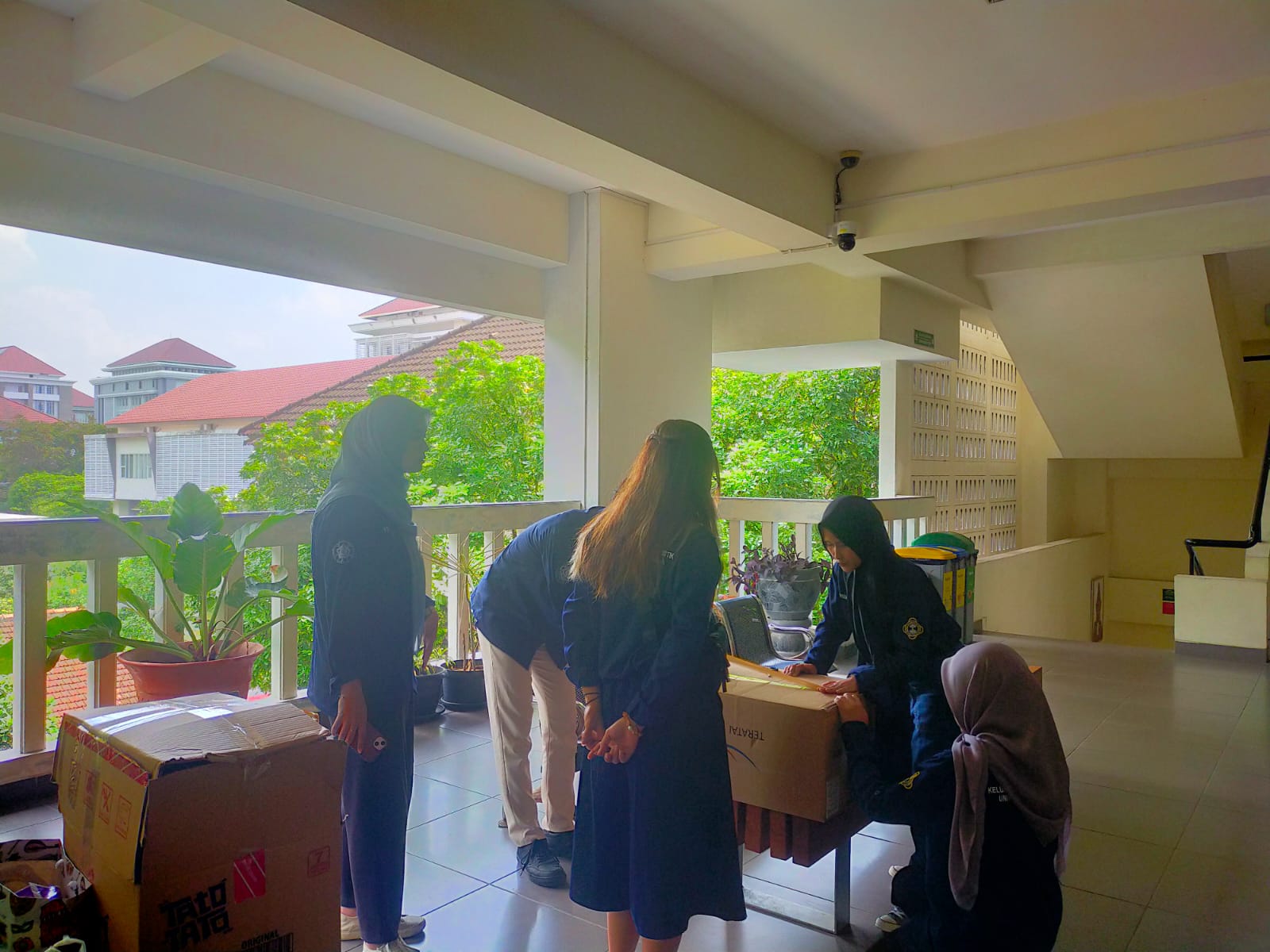
The donations that have been received and distributed are:
- 52 clothes (shirts and pants)
- 1 shoulder bag
- Food packages, converted from cash received, including pampers, milk, baby food, snacks, and eggs.
Kalingga would like to thank all those who have supported this program through donations and encouragement. Without the contributions of the Kalinggaes, this program would not have been possible.
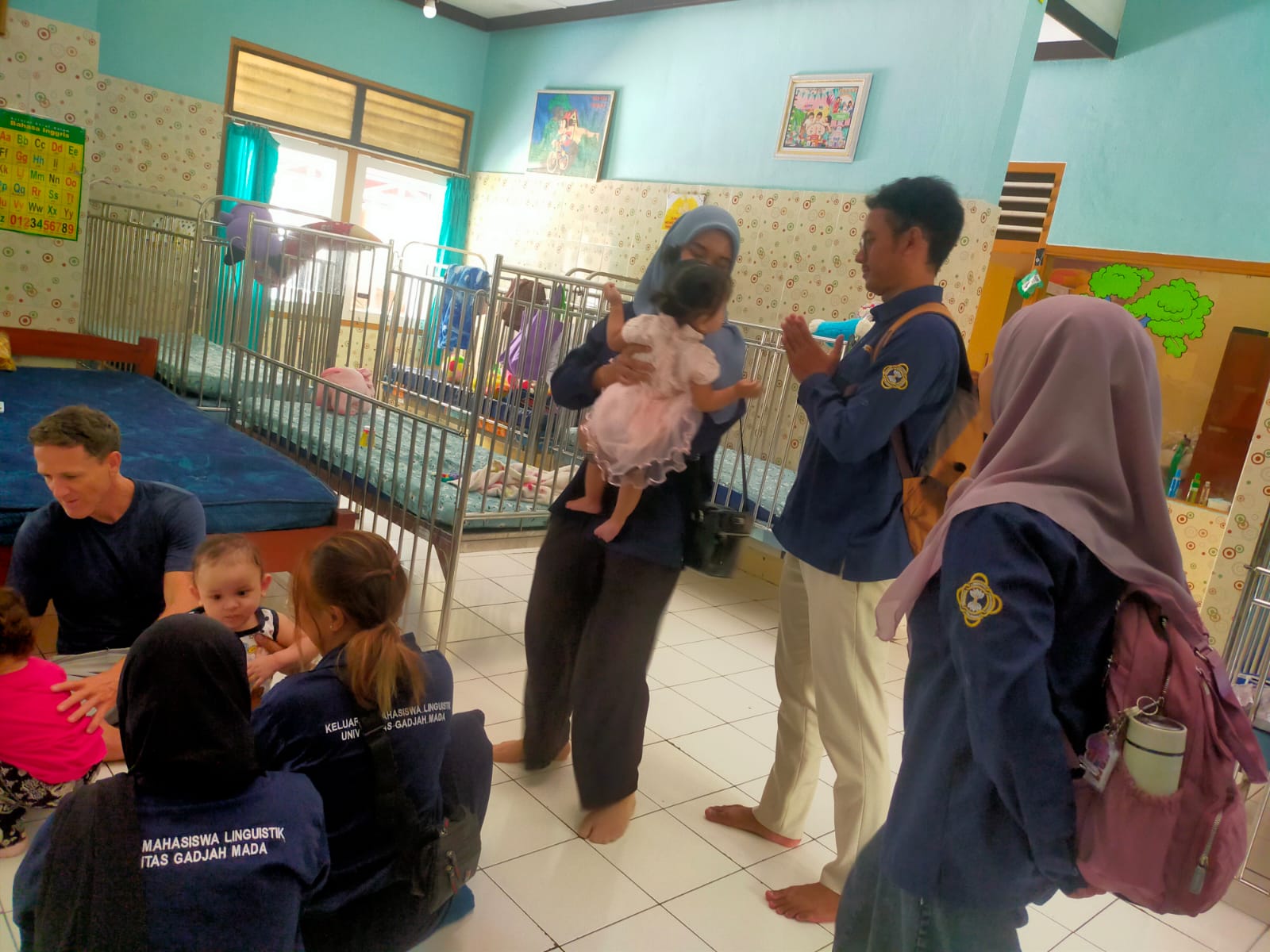
“We hope that this assistance can bring benefits and happiness to those in need,” said a representative of Kalingga Aksosmas Branch.
With the success of this program, Kalingga continues to be committed to making social activities an important part of the community, bringing positive impacts to the surrounding community. Thank you for being part of this act of kindness!

